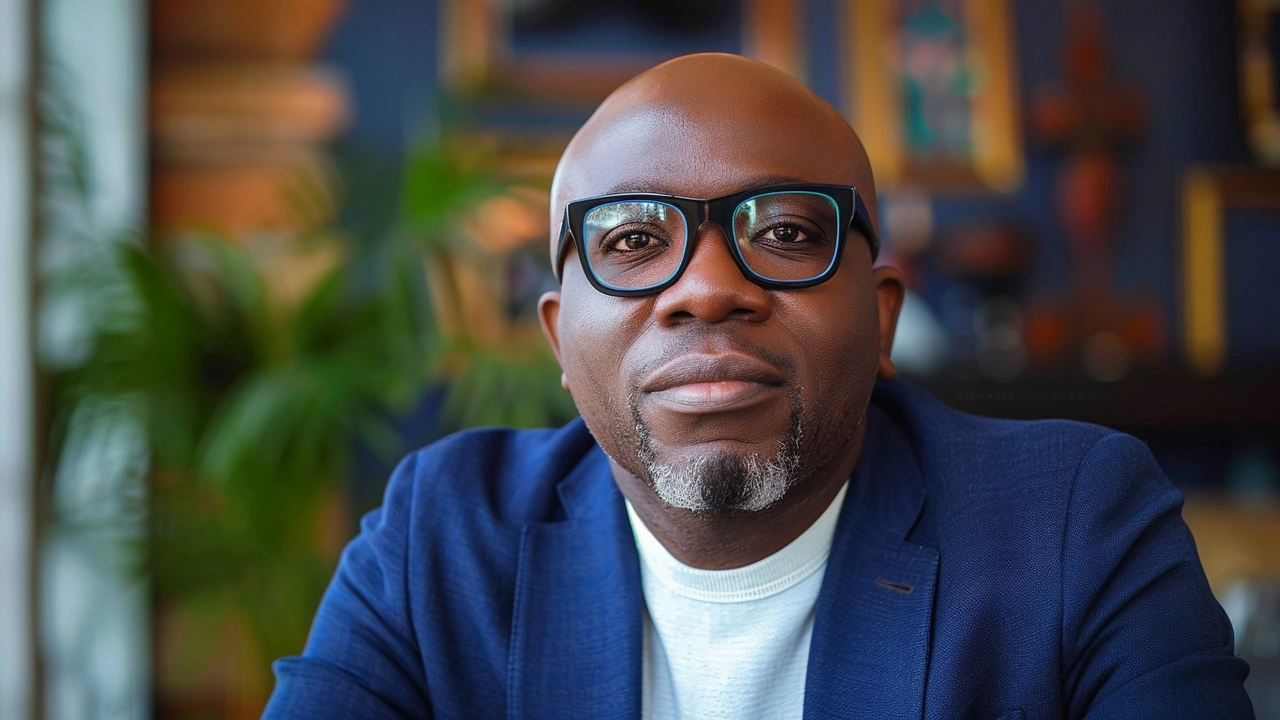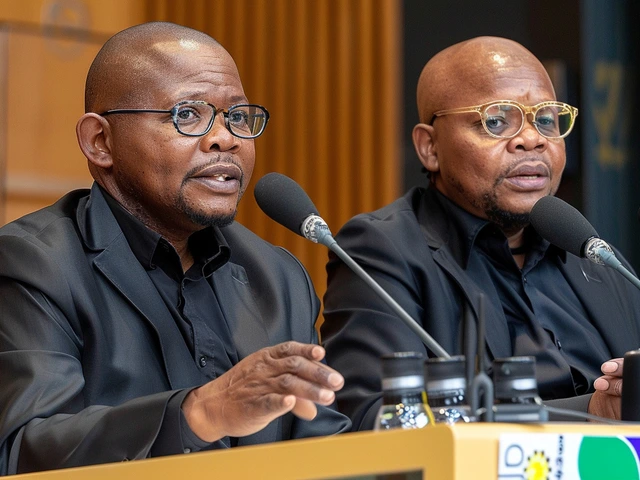Suicide – What’s Happening and How You Can Get Help
Suicide is a serious issue that touches families, friends, and entire communities. Every day new stories emerge, and it’s important to stay updated on what’s happening and where to find help. This page brings together the freshest news, real‑world stories, and practical advice so you can understand the topic better and know what to do if you or someone you know is struggling.
Latest Stories and Trends
Recent headlines show a mix of policy changes, community programs, and personal accounts. For example, several African countries have launched hotlines that are already seeing a rise in calls. At the same time, schools are adding mental‑health classes to teach students how to spot warning signs. Keeping an eye on these developments helps you see the bigger picture and understand how different actions are making a difference.
How to Spot Warning Signs
Knowing the signs can save a life. Look for sudden changes in mood, withdrawing from friends, talking about feeling hopeless, or giving away prized possessions. These clues often appear together, but even one can be a red flag. If you notice any of them, reach out right away—whether it’s a quick text, a phone call, or a face‑to‑face conversation.
Most people think help is hard to find, but there are many free resources available. In South Africa, the Lifeline (0800 567 567) offers 24‑hour counseling, and in Kenya, the Mental Health Hotline (119) connects callers with trained professionals. Websites like the WHO’s mental‑health portal also list global resources you can use from any device.
If you’re a friend or family member, listening without judgment is the best first step. Let the person talk, validate their feelings, and avoid quick fixes like “cheer up.” Instead, say things like, “I’m here for you” or “What can I do to support you right now?” Simple honesty often opens the door to deeper help.
When it comes to professional help, therapists, counselors, and doctors can offer treatments that range from talk therapy to medication. Many clinics now provide tele‑health options, so you don’t have to travel far to get help. If you’re unsure where to start, a quick call to a local helpline can point you to the right service.
Community groups also play a big role. Faith‑based organizations, youth clubs, and sports teams often run workshops on coping skills and stress management. Joining these groups can give you a sense of belonging and reduce the isolation that fuels suicidal thoughts.
Finally, remember that self‑care matters for everyone. Regular exercise, enough sleep, and balanced nutrition keep your mind and body resilient. Even small habits—like a five‑minute walk or a brief meditation—can improve your mood and lower stress.
Suicide is a complex issue, but staying informed and connected makes a huge difference. Keep checking this page for new articles, updates on policies, and fresh tips on how to protect yourself and others. Knowledge isn’t just power—it’s a lifeline.
Ex-Konga CEO Nick Imudia Dies by Suicide, Shocks Business Community
Nick Imudia, former CEO of Konga and current CEO of solar firm D.Light, has died by suicide at his Lekki home. Reports indicate he leaped from his balcony after making final calls to his family. His death has left friends, family, and the Nigerian business community in shock as the reason remains unknown.
View More





